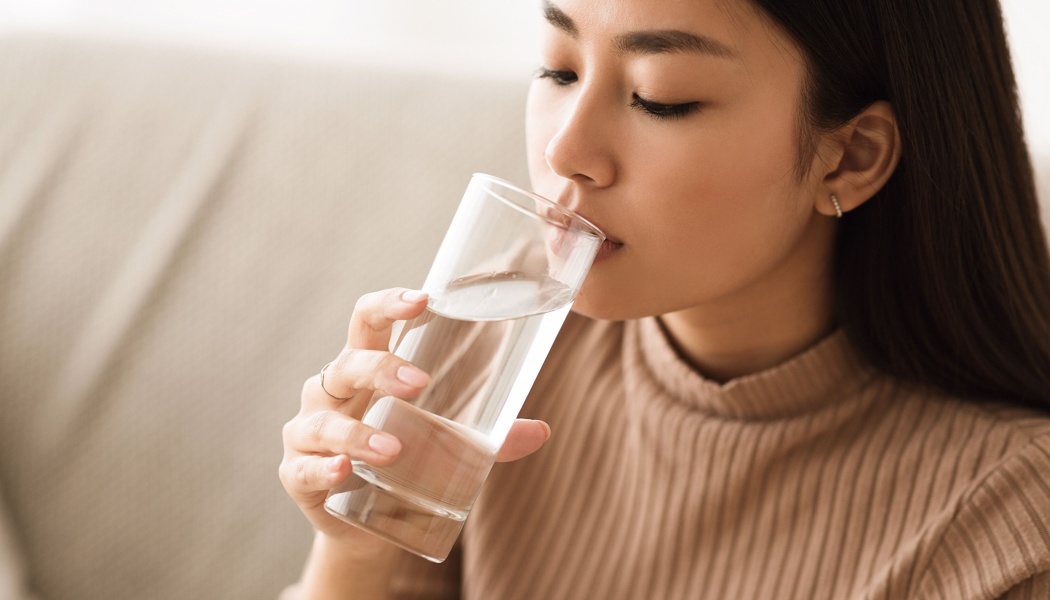It’s China’s hottest new product. Over the past few months, Wahaha water has been enjoying unprecedented popularity in the country. The reason? It is said to be particularly beneficial for the skin. Many people in China are extolling the virtues of this brand of bottled water on social networks, using the hashtags #WahahaMianmo and #WahahaChunjingshui, reports Sixth Tone magazine. Some even share tutorials showing fellow internet users how to make face masks using cotton discs soaked in this mineral water. Some of these videos have racked up millions of views.
Quest for savings
At a time where young Chinese are seeking to save money, the tip has everything to appeal to them! Wahaha water is one of the cheapest on the market, at just 2 yuan a bottle (approximately EUR 0.26). “In the current economic climate, if there is a way to get great results with little expenditure, everyone will surely be willing to experiment,” 20-year-old student Sun Zhongwei told Sixth Tone.
Actually, a large proportion of China’s young people now live on limited means. As a direct consequence of the current economic slowdown, many struggle to find a job that matches their skills and continue to live with their parents for lack of means. As a result, young people are on the lookout for all kinds of ways to save money. Some look to home-cooked meals, made from cheap ingredients, while others eat in community canteens that usually cater for seniors.
This quest for savings is also spreading to beauty and personal care, prompting young Chinese people to opt for alternatives that are more affordable — and safer. Indeed, consumers are increasingly attentive to the quality of the cosmetics they use, with several reports revealing the presence of what they call “harmful chemical substances” in many creams, serums and lotions.
The abundance of brands of varying quality in the skincare market has led some consumers to doubt the safety and ingredient transparency of traditional products, prompting them to opt for Wahaha mineral water, which is seen as a simple, controllable, and widely trusted alternative,” Sun Jin, a professor at the University of International Business and Economics in Beijing, told Sixth Tone.
Nevertheless, not all Chinese skincare enthusiasts are impressed with Wahaha water. Some internet users consider it ineffective on their skin, while others find it too harsh. For this reason, some influencers recommend to use… rice cooking water, which has recently been all the rage on TikTok in Korea.
Whether it’s just hype or a real beauty revolution, there’s no doubt that the way Chinese consumers consider beauty and personal care brands is fastly changing!

